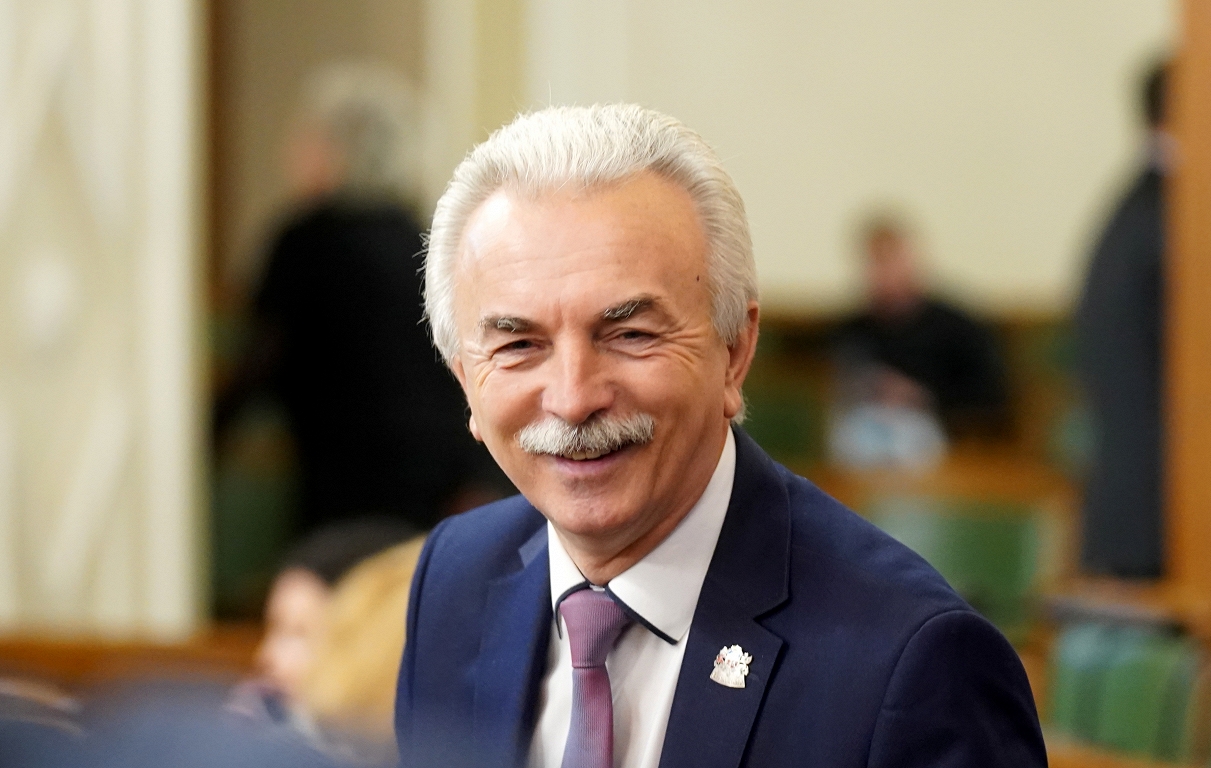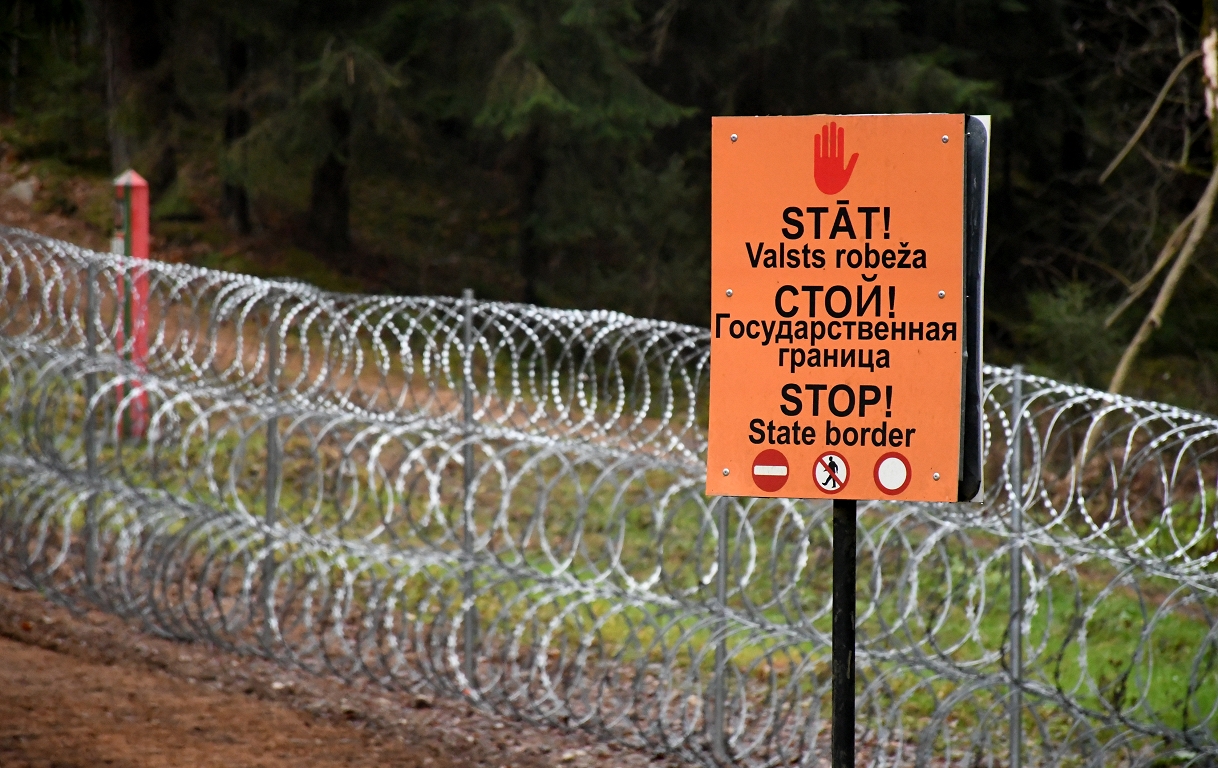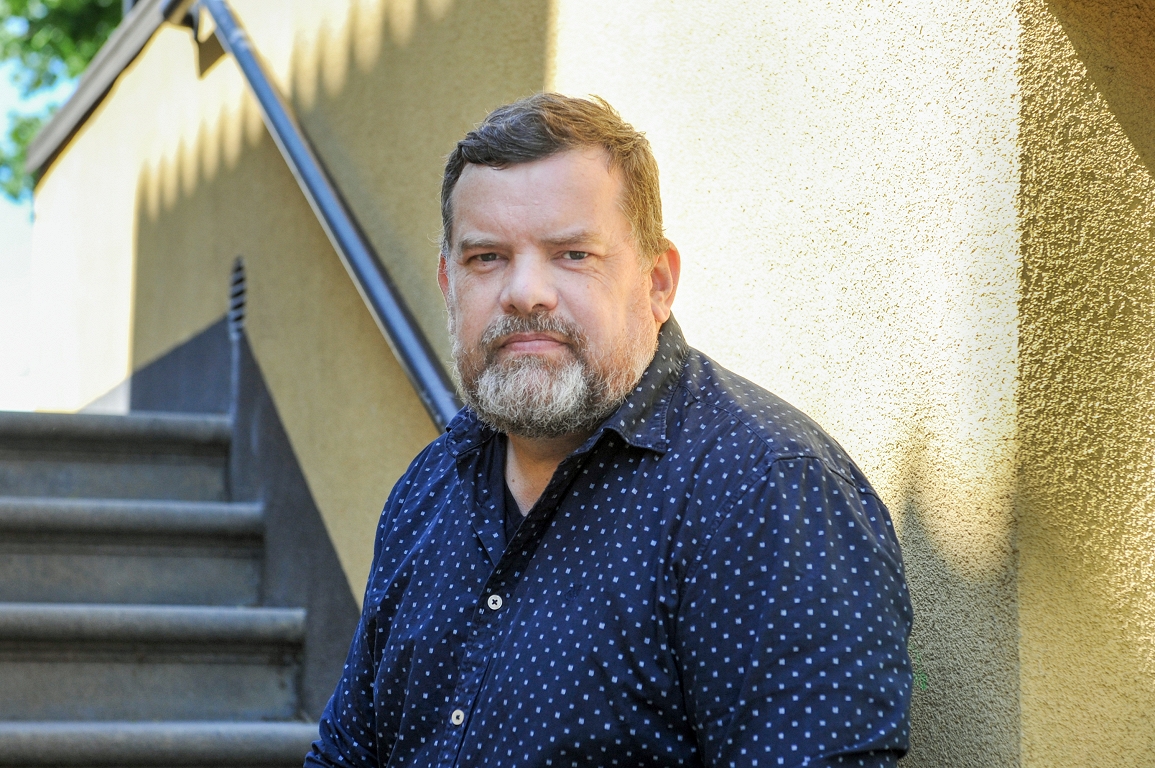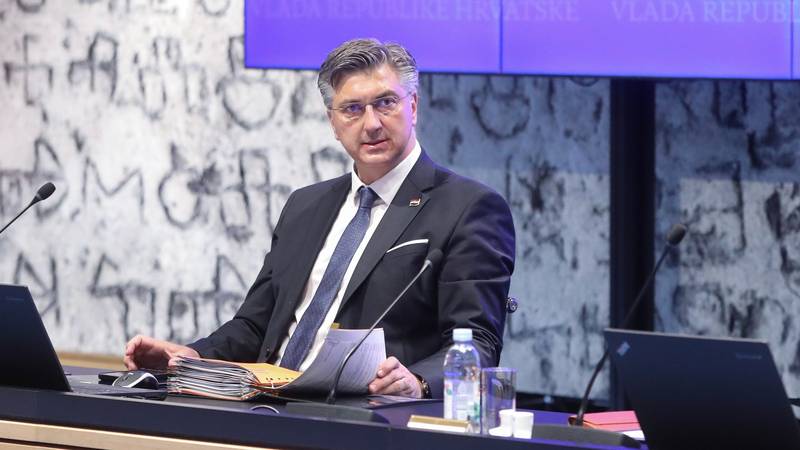On the decision of the Constitutional Court, or on who must provide evidence in proceedings for criminal property / day

The Constitutional Court’s opinion should definitely be emphasized in the judgment that the proceedings of the proceedings in the proceedings should be submitted by the proceedings of the proceedings in order to provide evidence so that the court is likely to have a criminal offense. This is indeed primarily the responsibility of the proceedings, as this is also the first condition laid down in Article 626 of the Criminal Procedure Law. The owner of the property can not talk at all. As Chushen, the European Court of Human Rights, once acknowledged to Belgium, the court’s conviction was on the basis of evidence, but the silence of the person only strengthened it (paragraph 29 of the judgment).
Some insights in the court ruled led to reflection, and this puts legal scientists in public discussions in the process of being a risky place in the process of assessment of the Constitutional Assessment. For example, the financial intelligence service analysis of financial transactions could in no way serve as evidence of property criminal origin. Yes, in the basic criminal proceedings assessing whether the crime is committed and which has committed so, the analysis of the financial flow may indicate possible legalization of funds. But legalization has never created any property itself. The property has a certain origin and, if there is a process directly on the origin of the property, then it must be proven. It is therefore strange that the judgment (paragraph 19.3) gives a tutorial on what evidence is to be used in criminal proceedings. It is not far from the realization that it is perfectly normal in the rule of law: « If a crime cannot be proved, you can do with the assumption that it could be. »
Secondly, the wording of Section 124, Paragraph seven of the Criminal Procedure Law is incorrect (and was specified in the process of adopting the law). The Latvian law stipulates: « There is no need to prove to prove money laundering, specifically the proceeds of the crime. » From this wording, sometimes practical staff concludes that there is no need to prove the criminal origin of the funds at all. However, the sixth paragraph of Article 9 of the Warsaw Convention, from which the Latvian norm was established, states: “Any Member State shall ensure that, under this Article, a person may be convicted of money laundering, provided that the property specified in paragraph 1 (a) or (b) of this Article has been shown. mining. ” I would emphasize: There must be some predicative offense. The developers of the Latvian law tried to silence this norm in every way. It is good that the Constitutional Court has now emphasized this nuance (paragraph 19.3 of the judgment)
Finally, thirdly, I would like to emphasize once again that it is impossible to distract the proceedings for money laundering from criminal proceedings for money laundering, unless the offense has been identified. I would love to invite a lawyer to a public discussion who would try to justify the criminal case of the « modern » autonomous criminal money laundering proceedings. Interestingly, in which countries it is allowed. Where Stand Alone processes are recognized, they are the underlying criminal proceedings that can result in the existence of a crime, convicting the perpetrator, and confiscating the property obtained. In these processes, the judgment is justified by a set of evidence. When one issue (for example, only property), a legal judgment will not be enough for a legal judgment. Therefore, I will emphasize again: in a special process, the legalization crime cannot be demonstrated in the property, as it does not have this process. One must not confuse two processes where each has its own task.
In any case, the judgment’s court conclusions require a more detailed analysis. On the other hand, those who will not be sufficiently justified will be able to continue to defend their rights to the European Court of Human Rights.








